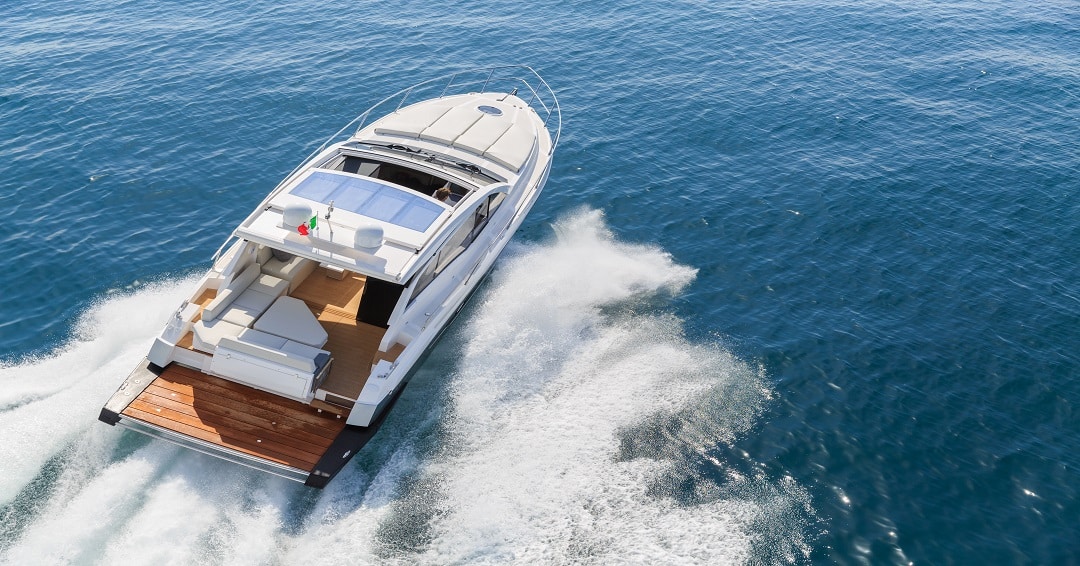Our Malta office had the pleasure to interview Capt. Charles Pace, the Director of the Civil Aviation Directorate. Capt. Pace shared his views on the current status of the aviation sector in Malta, the competitive edge that Malta has compared to other jurisdictions, new market segments and his vision for the future.

Malta is now an aviation hub, with a Maintenance, Repair and Overhaul (MRO) sector, flight training and aviation software providers, as well as increased interest in Unmanned Aerial Vehicle Development. Malta is also part of important international agreements such as the Cape Town Convention. International players such as Lufthansa, Malta Air, Wizz Air, Lauda Air and more have chosen Malta as one of the bases for their operations. What are the main drivers that led these companies to take such decisions?
“The robust legal framework, the use of the English language, a favourable taxation and also the efficiency of the Civil Aviation Directorate are the main reasons mentioned by many companies. It is a fact that many companies move operations to Malta from other jurisdictions. They tell us how difficult it can be to do business in certain countries and that we give them a level of efficiency that is highly appreciated. The fact that our staff go the extra mile to process applications and to travel at short notice is extremely appreciated, as well as the availability, accessibility and willingness of our inspectors to assist during the application process. We also have an online system through which all applications are received. This cuts down on time and paperwork and is a transparent way of processing applications. The team at CAD has grown in size and, at the same time, is also much more proficient. Through a balanced pragmatic approach, we try to tick all the boxes.”
Malta is also an interesting jurisdiction for aircraft leasing structures, and there is a strong intention to further reinforce Malta’s offering in this space. How does this work? What are the current advantages for leasing structures in Malta and, in your opinion, what are the elements needed to further reinforce Malta’s offering in aircraft leasing?
“Leasing has been present in Malta for a while now. A few years ago, we carried out an analysis of our laws and made some tweaks to improve Malta’s position. Today, we have a very good product and companies have started to look at Malta as an alternative jurisdiction. In this period, we would need more exposure as well as buy in by the local banks. This being said, there are several companies that already operate through Malta. I would estimate around 400 aircraft are leased through Malta based companies, and this could easily double in the near future with other companies taking the plunge. We will have to prepare for an increase of the market size, for instance by creating university degrees that include modules related to leasing, and aviation accounting practices. We need more visibility both internationally and locally, to attract more business but also to create the talent that is needed to service a growing industry.”
In recent years, there is the tendency for airlines to lease their aircraft, rather than buying them. Many Malta AOCs owners offer this kind of services to commercial airlines – do you see space for further growth? Why is Malta better positioned, compared to other jurisdictions?
“Aircraft, crew, maintenance, and insurance (ACMI) has been very popular even pre COVID-19. Today, with the delays in production of new aircraft and also groundings due to engine problems, ACMI operators are very much in demand. The Phenomena allows legacy carriers to increase capacity on demand and to replace grounded aircraft. I believe that this will remain a strong market for at least 3 more years due to lack of capacity. The problem is that many carriers are not letting go of aircraft as the new ones on order are delayed. With this scheme, we need to keep in mind however that the margins are tight, and many airlines will struggle despite the high demand. Cost is continuing to increase due to labour demands, fuel (even more with the introduction of SAF mandates kicking in next year) and overflying charges. This leaves airlines in precarious situations as we have seen with first quarter results of at least two major groups lately.”
Since you became Director of the Civil Aviation Directorate, in 2016, the industry grew and so did the Malta Aircraft Registry, which now counts over 880 aircraft and 52 Air Operator Certificate owners. Such growth needs to be constantly supported by the various administrative structures. What were the main challenges that the CAD had to face, to keep up with this growth?
“Working within the public sector might present, at times, significant challenges because you often need a private sector mentality and the flexibility of a private enterprise to be able to give stakeholders what they need. For instance, some of the main issues were improving the remuneration for staff, getting enough headcount and have the agility to change things quickly.
The industry has gone through highs and lows both of which have brought challenges. High demand for flying means airlines recruit and offer better conditions. This makes it difficult to find people to take up regulatory posts and therefore retention becomes even more crucial. During the pandemic, the situation was the opposite, with many looking for a job but unfortunately for us, some of those who came to us for a job in those dark days left as soon as things improved in the industry. Loosing people at short notice after giving them training is a bitter pill to swallow but is something that happens in many economic sectors.
A significant change that happened in recent years is that when I first joined, we did not accept helicopters or simulators. Today, on the contrary, we regulate the full range of activities. We have examination centres in other countries and have quite a few projects in the pipeline. Malta offers a low fixed rate of income tax to attract individuals to Malta and this has proven to be a very successful initiative that distinguishes Malta from other countries. In a way, we have been victim of our own success, and it is now difficult to match expectations of the industry while following the procedures of the public sector.”
Unmanned Aerial Vehicles are another sub sector in which Malta aims to become a main player at the international level. UAVs open the door to a multitude of services and operations. What are the main opportunities that you see, in this space?
“Since legislation was introduced by the EU, we have been monitoring the developments. We have a dedicated portal for UAVs and are actively seeking to bring to the island a testing facility that will allow research or testing of larger drones. I am very much interested in using new technology to improve urban mobility: I believe that this will be the future and we need to embrace it. The size of Malta makes it even easier as trips are short favouring electric aircraft which might not be that yet suitable for longer flights. One of the main challenges with new technology is the rather lengthy process of certification by EASA. Although millions are poured into Research and Development, the process to obtain certification and start commercial operations is taking longer than expected.”
You have recently returned from Geneva, where the CAD participated at the European Business Aviation Convention & Exhibition (EBACE) 2024. Was the event successful and do we expect further growth?
“Once again, the CAD participated with a stand at EBACE, in conjunction with the Malta Business Aviation Association. It was yet another opportunity to network, promote Malta and I must say that even this year CAD was very much busy meeting prospective clients and discussing future investments in Malta. The response was very strong, even more than expected, which indicates that we might be in for a productive period in the coming months.”
A look at the future: what do you think Aviation in Malta will look like, in 2035?
“I honestly think that the demand will peak in the next 5 years. I think there will be less airlines around and larger airlines will control the market. I hope that, by then, we would deploy more aerial vehicles which would replace cars and even certain ferry boats between the islands.”
Dixcart Air Marine
Through our team of experienced professionals, Dixcart Management Malta Limited will assist you in all aspects of registering your aircraft in Malta. Services range from incorporation of the entity owning the aircraft in Malta and full corporate and tax compliance, to the registration of the aircraft under the Maltese Registry, whilst ensuring full compliance with Maltese Aviation legislation.
Additional Information
If you would like further information regarding Aircraft Registration in Malta, please speak to Jonathan Vassallo: advice.malta@dixcart.com, at the Dixcart office in Malta or to your usual Dixcart contact.












